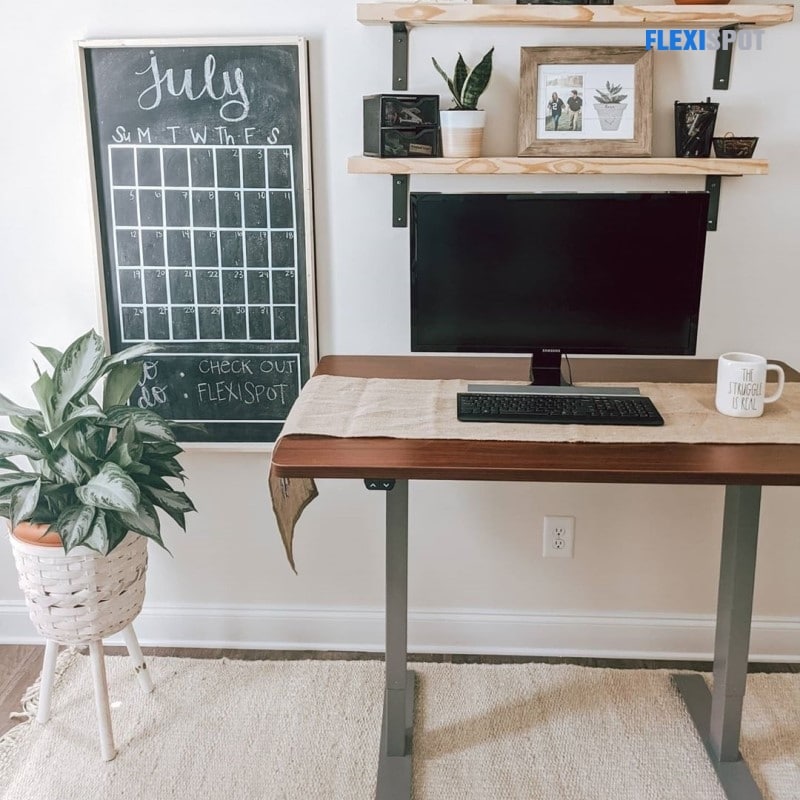Homework is one of those school activities most students hate to do at home especially if they have an assignment for a subject that they are supposed to study. Some students think that spending long hours doing their homework deprives them of their freedom to take sufficient hours of rest, play, and do other non-academic activities that they like to do.
Despicable for some students, but for parents, a study reveals “Results from this study suggest that the majority of parents believe that homework relates and contributes to their child’s learning. This finding supports prior research which indicates that parents often believe that homework has long-term positive effects and builds academic competencies in students" (Cooper et al. 2006) (https://doi.org/10.1007/s10566-021-09602-8). As such, parents’ direct and active involvement in doing homework is so great that sometimes they are the ones doing the homework for their children.
Another study reveals “Analyses demonstrate that parents become involved in two main ways:”
- By directly participating in the accomplishment of the homework task itself.
- “We additionally highlight in the paper that there is an inherent tension between a parent's responsibility for homework and the child's responsibility for homework, and that parent involvement can cause tension in communication in the parent-child relationship.” ( https://doi.org/10.1016/j.pragma.2007.09.010)
On the other hand, most parents know that helping their children with their homework spells success in their children’s academic achievement. They think that it is one of the ways to make their children achieve their goals academically and hope for a better life in the future. Little did they know that homework can sometimes strain their communication and their relationship with their children that really happens as verified by studies conducted about homework.

The effect of parent and student involvement in doing homework was also revealed by another study that confirms “The predictive strength of parental helping time differed for the grade according to phase, and the frequency of parental involvement in certain helping activities was found to predict performance for both groups.” The groups mentioned here are the aged 3 groups and the aged 5 groups. (https://doi.org/10.1177/082957359501100104).
"Trautwein et al. (2009) defined homework as a “double-edged sword” when it comes to the parent-child relationship. While some parental support can be construed as beneficial, parental support can also be experienced as intrusive or detrimental." (https://doi.org/10.1007/s10566-021-09602-8).
"Research suggests that homework is a primary source of stress, power struggle, and disagreement among families (Cameron and Bartel 2009), with many families struggling with nightly homework battles, including serious arguments between parents and their children over homework (Bennett and Kalish 2006)."(https://doi.org/10.1007/s10566-021-09602-8).
"Often, parents are not only held accountable for monitoring homework completion, but they may also be accountable for teaching, re-teaching, and providing materials. This is particularly challenging due to the economic and educational diversity of families. Pressman et al. (2015) found that as parents’ personal perceptions of their abilities to assist their children with homework declined, family-related stressors increased." (taken from the aforementioned source).
Teacher’s involvement in the homework activity has been given a boost with “Misconceptions on the effectiveness of homework and student achievement have led many teachers to increase the amount of homework assigned. However, there has been little evidence to support this trend.
In fact, there is a significant body of research demonstrating the lack of correlation between homework and student success, particularly at the elementary level.” (https://doi.org/10.1007/s10566-021-09602-8). The same source also reveals about homework and student academic achievement.
“Other studies, too, have evidenced no relationship, and even a negative relationship in some grades, between the amount of time spent on homework and academic achievement (Horsley and Walker 2013; Trautwein and Köller 2003.”
“High levels of homework in competitive high schools were found to hinder learning, full academic engagement, and well-being (Galloway et al. 2013). “
“Ironically, research suggests that reducing academic pressures can actually increase children’s academic success and cognitive abilities (American Psychological Association [APA] 2014).”
"How much time should students spend on homework each night? Little association is found between the amount of homework young students complete and achievement. The association grows progressively stronger for older groups of students. Other research suggests that young children have limited ability to keep their attention focused and have not learned good study skills." (https://doi.org/10.1207/S15326985EP3603_1)
“Research also shows that homework only teaches responsibility and self-discipline when parents have that goal in mind and systematically structure and supervise homework (Kralovec and Buell 2000). Non-academic activities, such as participating in chores (University of Minnesota 2002) and sports (Hofferth and Sandberg 2001) were found to be greater predictors of later success and effective problem-solving.” (taken from aforementioned source).
With these various studies about homework and its impact on the parent-child relationship and academic success of the student, I think it is high time for school authorities, parents, and the higher officials involved in the educational system to review and if necessary make changes in the guidelines on students’ homework. As such, there will be more time spent to have interaction between parents and children leading to a stronger parent-child relationship.

While you as parents are still preparing for school opening sometime soon, I highly recommend that you visit FlexiSpot for various ergonomic desks that you and your school children can use for school activities such as doing their homework. One of the stunning desks is the Seiffen Laminated Standing Desk (Eco & Pro) which is the bestseller model yet an economical choice.
This electric height adjustable rectangular desk is spacious and stable as well. It has a lifting capacity of up to 275 lbs and has a dual-motor lifting system. The sit-stand reminder enables the user to change postures while working. You also have a choice of keypads from basic to advanced with each having different features.
This bestseller also features a durable and stylish desktop built with high-quality chipboard. You’ll never go wrong with this bestselling product. Have one today!

